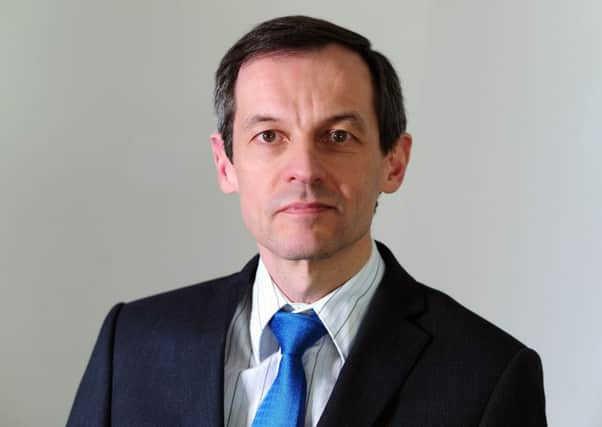Fears of staffing crisis as GPs '˜can only accept urgent patients'


That is according to a survey of GPs which has raised fears of a staffing crisis and a shortage of appointments, despite a government pledge to increase the number of family doctors.
Figures collected by the online magazine Pulse found that of 769 GPs surveyed, almost 17 per cent said they had to turn down patients trying to see a doctor for a routine matter.
Advertisement
Hide AdAdvertisement
Hide AdSome GPs had no routine appointments available for the next four weeks and were relying on telephone triage to identify urgent patients.
Dr Richard Vautrey, a Leeds GP and the British Medical Association’s GP Committee Chairman, said: “This is further evidence of the pressures practices are under, with growing demands for appointments not being matched with an ability to provide them due to the continuing recruitment and retention crisis in general practice.
“Over recent years, the number of consultations has been steadily rising while the GP workforce has been declining.
“Surgeries are now left in the position where telephone triage is the only method by which staff are able to handle this demand in a safe manner - but this can result in increased stress for many GPs as they try to manage so many patients each day.”
Advertisement
Hide AdAdvertisement
Hide AdThe BMA has called for limits to be agreed for the number of consultations a GP can safely undertake in a day.
The survey found that 127 survey respondents said they had to reject patients attempting to see a GP for a routine matter in the last 12 months. Some 543 respondents said they had not had to do so while, 99 did not know.
Health secretary Jeremy Hunt pledged in September 2015 there would be 5,000 extra GPs in England by 2020. But the overall number of full-time GPs in post has decreased by more than 1,000 since then.
Professor Helen Stokes-Lampard, Chairwoman of the Royal College of GPs, said: “GPs up and down the country are fighting fires, delivering care to patients with urgent health needs - but this often means patients whose problems aren’t necessarily urgent are having to wait longer and longer.
Advertisement
Hide AdAdvertisement
Hide Ad“Our concern is that a problem might not be urgent initially, but becomes urgent further down the line if it isn’t dealt with - GPs want to identify and treat problems early, so that it doesn’t come to that.”
An NHS England spokeswoman said: “With 33,600 GPs in England, this tiny survey represents less than 3 per cent of those GPs, and, of those, fewer than a fifth said they have taken this action.
“We understand the pressures general practice is facing which is why the NHS is investing £2.4bn extra in GP services, growing the number of new doctors entering general practice, and rolling out evening and weekend appointments to patients across England over this coming year.”